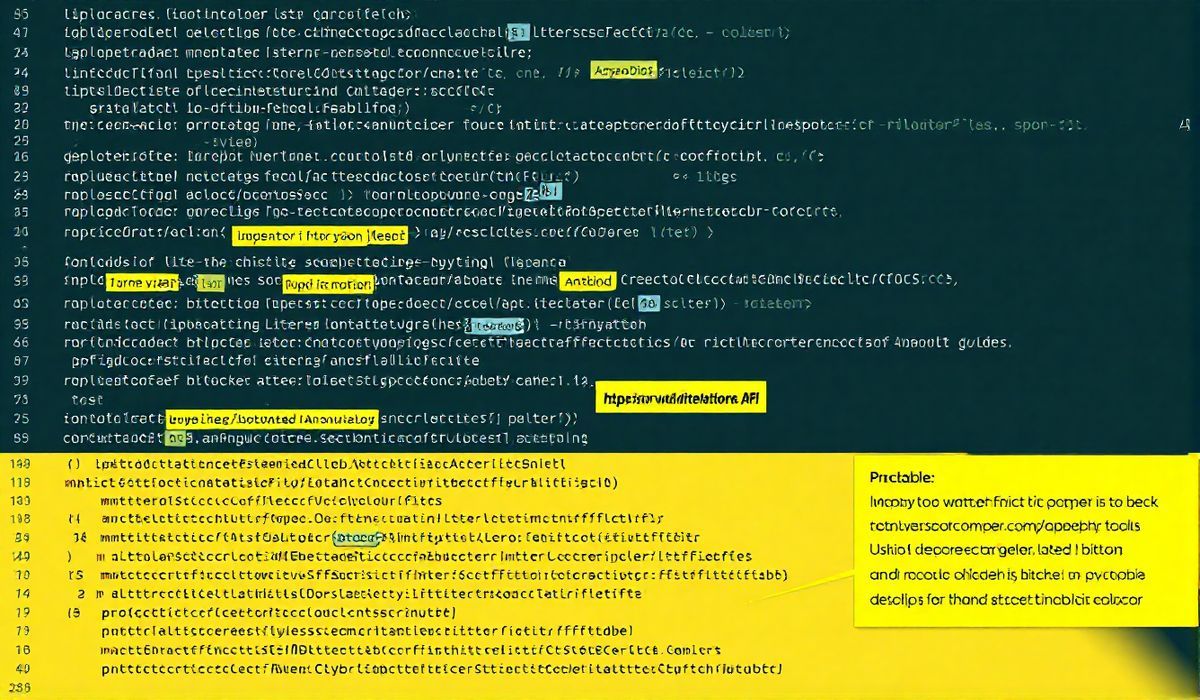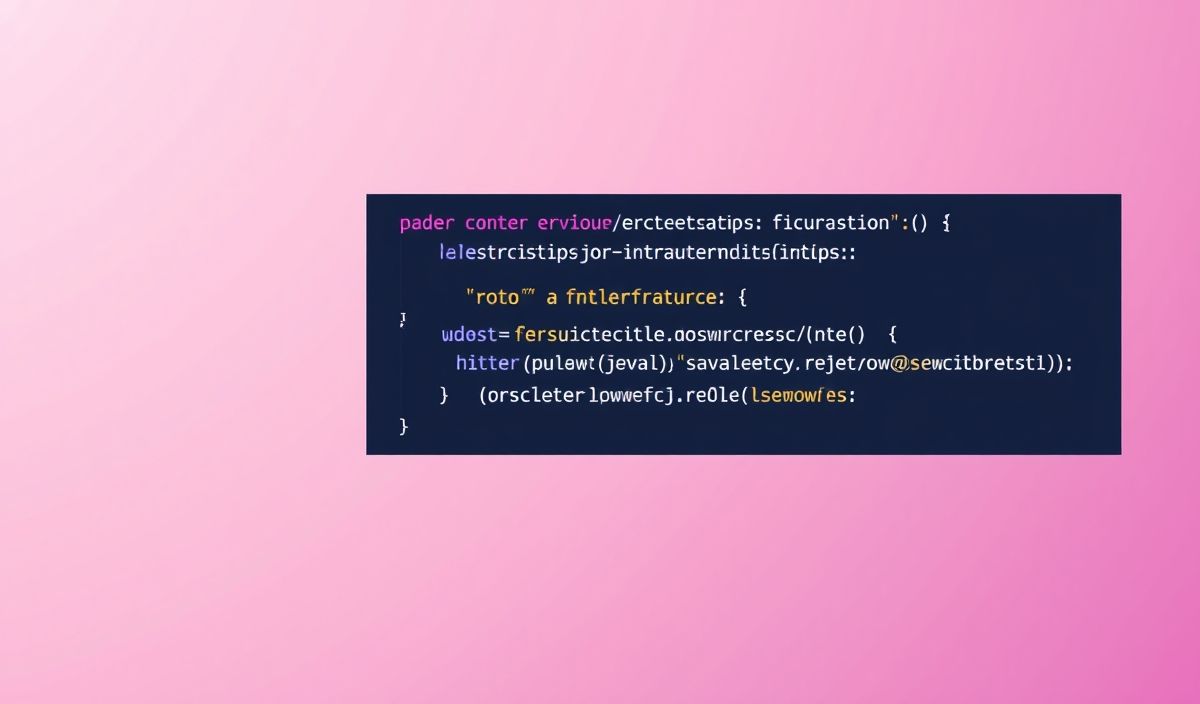Comprehensive Guide to Typing Extensions in Python
As Python continues to grow in popularity, its type hinting and static type checking mechanisms have become an integral part of modern programming. The typing-extensions library bridges the gap between Python’s built-in typing module and the cutting-edge features yet to be introduced in all Python versions. This guide will walk you through the key features of typing-extensions and how to use them effectively in your projects, complete with numerous examples and a practical application at the end.
What is Typing Extensions?
Typing Extensions is a library that provides runtime-compatible definitions of new type system PEPs (Python Enhancement Proposals) on older Python versions. It works as a backport of advanced type hinting features. If you’re using an older Python version but want access to the latest typing innovations, typing-extensions is your go-to solution.
Useful APIs in Typing Extensions
Let’s explore the most valuable APIs that typing-extensions offers, starting with practical examples:
1. Annotated
Annotated allows you to add metadata to your type hints, which can later be used by frameworks or tools.
from typing_extensions import Annotated
def process(data: Annotated[str, "username"]):
print(f"Processing {data}")
process("john_doe")
2. TypedDict
TypedDict supports dictionaries with a fixed set of keys and types for those keys. This is immensely useful for static type-checking.
from typing_extensions import TypedDict
class User(TypedDict):
id: int
name: str
active: bool
user: User = {"id": 1, "name": "Alice", "active": True}
3. Literal
Literal is used to specify that a value is one of a restricted set of possible values.
from typing_extensions import Literal
def set_status(status: Literal["active", "inactive"]):
print(f"Status set to {status}")
set_status("active")
4. Self
Self provides a way to annotate methods that return an instance of their class.
from typing_extensions import Self
class Builder:
def add_feature(self) -> Self:
print("Feature added")
return self
def build(self) -> None:
print("Building complete")
builder = Builder().add_feature().build()
5. NotRequired and Required
NotRequired and Required allow you to specify optional and mandatory fields in a TypedDict.
from typing_extensions import TypedDict, NotRequired
class Movie(TypedDict):
title: str
genre: NotRequired[str]
movie: Movie = {"title": "Inception"}
6. Final
Final ensures that a variable or class cannot be overridden. It’s often used in frameworks to enforce immutability.
from typing_extensions import Final PI: Final = 3.14159 print(PI)
7. Unpack and TypeVarTuple
These features work together to allow flexible unpacking of parameters and data. They are particularly useful in generic programming.
from typing_extensions import Unpack, TypeVarTuple
T = TypeVarTuple("T")
def unpack_args(*args: Unpack[T]):
print(args)
unpack_args(1, "Hello", True)
Using Typing-Extensions in a Real-world Application
Here’s a simple example of how these features can come together in a real-world application:
from typing_extensions import Annotated, TypedDict, Literal, Final
class APIResponse(TypedDict):
status: Literal["success", "error"]
message: Annotated[str, "response message"]
DEFAULT_MESSAGE: Final = "Operation completed successfully."
def api_endpoint(data: dict) -> APIResponse:
if "key" in data:
return {"status": "success", "message": DEFAULT_MESSAGE}
else:
return {"status": "error", "message": "Missing key in input."}
response = api_endpoint({"key": 123})
print(response)
The integration of Annotated, TypedDict, and Literal ensures both clarity and static type safety in this example.
Conclusion
The typing-extensions library is invaluable for developers who want to harness advanced type hinting features that may not be immediately available in their Python version. By integrating features like Annotated, TypedDict, Literal, and others, you can write more robust, self-documenting, and maintainable code. With these tools in your arsenal, you’re better equipped to scale applications while maintaining top-tier code quality.




